It’ll be the first time most people have been to Africa, so I thought it would be great to share a few tips and hints that I wish someone had shared with me before my first trip to Africa.
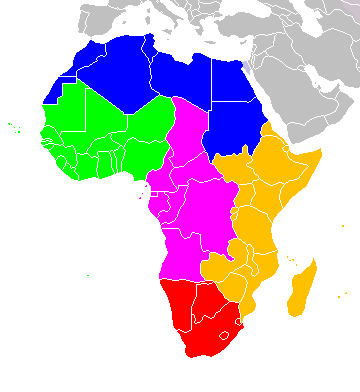 I first visited Africa when I was 22 years old. I was travelling with two friends across eight countries, and our trip planning was basic, to say the least. In fact, to be honest – I don’t know WHAT I was thinking. I went completely unprepared.
I first visited Africa when I was 22 years old. I was travelling with two friends across eight countries, and our trip planning was basic, to say the least. In fact, to be honest – I don’t know WHAT I was thinking. I went completely unprepared.
Tips before you visit Africa
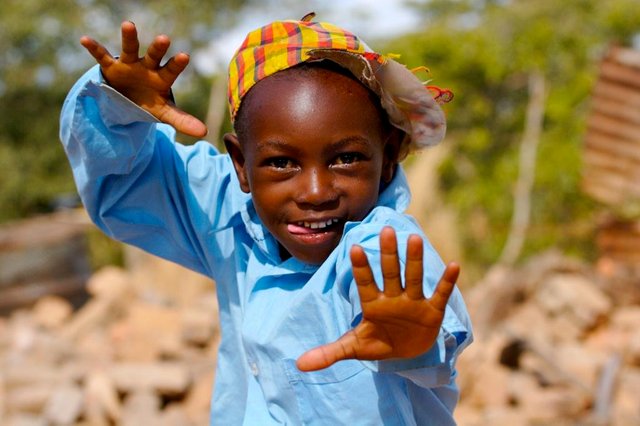
I didn’t research the climate (because I just assumed Africa = hot), so I figured that summer clothes were all that I needed. And don’t get me wrong, many of the countries we visited were HOT, but eventually we travelled north to Namibia. We were camping in the middle of the dessert, and it got cold. Like below zero cold. Needless to say, my t-shirts and shorts didn’And this is just one of many mistakes I made. To avoid you doing the same, I’ve pulled together the top 12 things you need to know before you visit Africa, based on my experiences. Hopefully this will prevent you from similar life fails.

So here we go!
1. Medicines you’ll need.
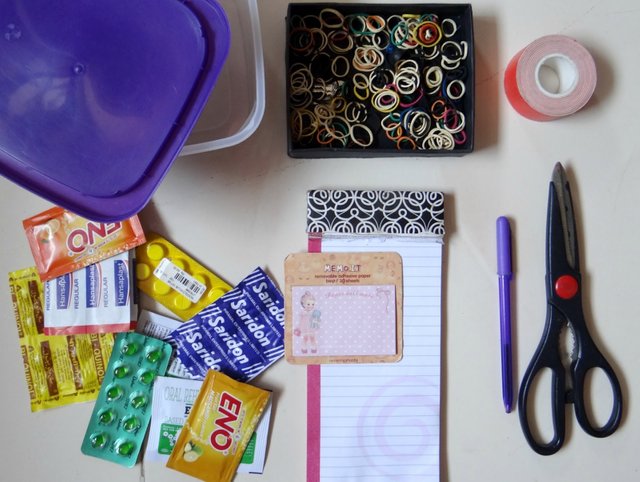
Arrange to go see a travel doctor a couple of months before we go to make sure all your vaccinations are up to date. (Going a few months before is important as some vaccinations need follow ups and they can only be done 4 weeks after the first injection) – so give yourself time!
The most common vaccinations recommended will be things like cholera, hepatitis, typhoid and yellow fever. A yellow fever vaccination certificate is needed to enter Sierra Leone as well as re-enter Australia – so this is a must. Malaria is also common. You’ll need to get prescription from your doctor to prevent catching this mosquito born nasty. I usually take doxycycline (once a day tablet), but there are a number of other options. Also remember to bring along precautions against insect bites including using an insect repellent (preferably one with at least 20% deet) and wear long, loose-fitting, light coloured clothing.
Unless you have literally lined your stomach in some kind of iron plating you should prepare for at least one stomach upset – it completes the full African experience. I always bring laxatives, gastrolyte and stoppers (immodium).Unlike this 56 year old Polish guy I met named Bart who instead drank a can of coke every day to ‘kill all the bacteria’ in his stomach. Bart didn’t fare very well.
Anywho, having all aspects of your tummy covered is a must. You can also ask your travel doctor for a general antibiotic for if you get stuck with a bad stomach bug.
Additionally, get a hand sanitiser and make it your best friend.
2. Insurance is a must.

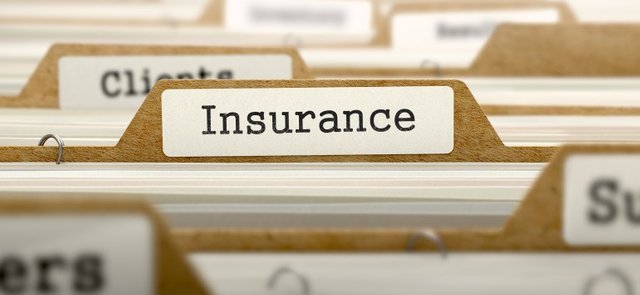
This is particularly important as medical facilities are very limited in Sierra Leone. Doctors and hospitals often request immediate cash payment for medical treatment. In the event of a serious illness or accident, medical evacuation to a destination with the appropriate facilities is necessary! The last time I was in Africa I ended up in a hospital in Tanzania. I needed a bundle of cash to pay for a cab, a new tire for the cab (turns out tires that are stapled together won’t get you far), a bribe to get on a ferry, plus admission fees and medication costs. Insurance will ensure that you will get all your money back when you return home.
Travel insurance will also prove useful in the unlikely event that your bags go missing and you need to buy some emergency jocks or whatever. If any of these unlikely events occur, make sure you keep all receipts for when you claim back home. Having to get insurance doesn’t mean that something bad is going to happen, life is unpredictable and it’s best to be prepared!
3. Register.
If concerned you can always register your travels on the Government’s smart traveller website www.smarttraveller.gov.au. This allows for the government to be able to contact you if needed. Personally I’ve never done this, I usually leave a copy of my itinerary with friends and family before I go and contact them when I arrive, but this is an option too!
4. Bring Cash.
Make sure you’ve got a VISA card or a moneycard. Chat to your bank about your options, but investigate the offers and make sure you know what costs are associated with transactions and withdrawal fees. I usually get one from the Commonwealth bank as they have good deals and I’ve used it in a number of different countries. If you get a travel card make sure you ask to load up your card with US dollars.
It is often difficult to get funds from an ATM in Sierra Leone. So I’d recommend bringing lots of US dollars in cash. You can’t change Australian dollars there, so either have US dollars or a VISA card. Most of the time locals will trade with US dollars over their own currency so it is really handy to have.
Also let your bank know that you are planning to travel to Africa. This was something I didn’t do the first time and when I tried to get money out in a township near the Masai Mara, my bank cut me off. I traded my blow up bed for trinkets. True story.
5. Wear appropriate clothing and ditch the jewellery.
Sierra Leone is freaking hot (even in winter!). But it’s important to keep in mind that Sierra Leone is a majority Muslim country and they are quite conservative, so just use common sense when packing, girls: no miniskirts, shorts (aka denim underwear) or revealing tops otherwise you may get some unwanted attention. I am bringing fisherman pants, gypsy pants and singlet tops and t-shirts. Make sure you have some options to keep your shoulders covered, as even singlets can be a bit controversial.
It’s best to take off all your jewellery while we are there, or alternatively don’t bring any. Not only will the kids want to grab everything and play with it, but you may again attract unwanted attention if wearing or carrying around anything flashy.
6. Bring your own mobile phone.
It’s definitely worth bringing a phone. It is also worthwhile going and speaking to your network provider and making sure you turn off data roaming etc. That way you can use wifi and be able to contact other group members if needed. You don’t want to be hit with a huge bill when you get back so make sure you get all the proper things switched off before we go.
7. Photocopy all your documents.
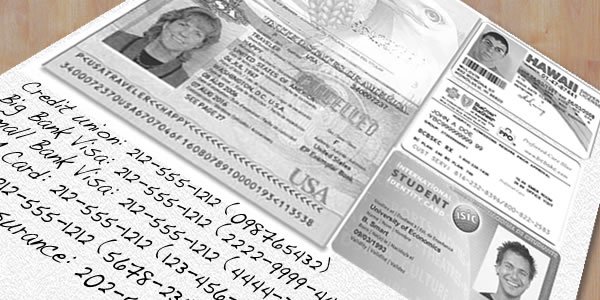
Make copies of your passport, insurance and plane tickets. Leave copies at home, as well as taking some copies to put in your luggage and backpacks. This takes out a whole lot of hassle if your passport/insurance/plane tickets go missing.
8. Bring a power adapter.
The power points are the same as the UK ones so bring an adapter to charge your phones. You can buy these from bag shops or travel stores. Don’t stress if you forget though, you can buy universal chargers by the dozen in Sierra Leone.
9. Bring some snacks if you’re picky with food.
The food in Sierra Leone is quite limited (especially during hot season). It shouldn’t be too bad in Freetown because there are some supermarkets, but the rural areas have very little. Be prepared to stock up on some tinned food at the supermarkets to take into the rural areas. Keep in mind that traditional Sierra Leone food may not be to your liking, so please remain respectful and stock up on snacks instead! It is also handy to bring along some Spirulina capsules which are basically vegetables in capsule form. Like from the future. They give us lots of nutrients. Yay!
10. Respect the law.
Penalties for drug offences are severe and include mandatory prison sentences. Reassess your need to dabble with prohibited drugs (and perhaps your life choices in general) – it’s just not worth it. As in most places you can’t photograph government buildings, airports and bridges and remember areas may not always be clearly marked or defined. I travelled with a Japanese couple who tried to take photos at a border crossing into Malawi. As a result, we ALL lost our cameras.
Don’t be that guy.
11. You are likely to see a lot of confronting things.
You will be faced with people living in poverty and it can be really shocking. I had been exposed to poverty in other countries before, but each time it can be confronting and upsetting. One of the biggest shocks I experienced was how happy and loving the children were despite living in extreme poverty. It was a bittersweet reality. There is not much you can do to prepare for how you will react, but keep in mind others will probably be experiencing similar feelings.
12. Finally, don’t assume you know what is best.
Sometimes when we see things that shock us, we want to fix them immediately. We think that growing up in Australia or America, or any developed country, means we know something that they don’t. If someone is begging for money, maybe you want to tell them they should get microfinance and start a business. Don’t do that. Simply put, we don’t understand the culture or the circumstances enough to be giving out unwanted advice. What works in Australia may not work over there – so don’t assume you know better. It’s all about R E S P E C T.
Keeping all these things in mind will help prepare you for an amazing journey. And it will be amazing. Promise.
PS. If you are visiting other African countries besides Sierra Leone, then make sure you do some additional research. For example, in Nairobi in Kenya I had no problems getting cash out at the ATM – every country is VERY different. So research is your friend!
Thanks for sharing.
I would love to visit Africa someday.
Downvoting a post can decrease pending rewards and make it less visible. Common reasons:
Submit
Downvoting a post can decrease pending rewards and make it less visible. Common reasons:
Submit
Dont go to Libya!
Downvoting a post can decrease pending rewards and make it less visible. Common reasons:
Submit
Downvoting a post can decrease pending rewards and make it less visible. Common reasons:
Submit